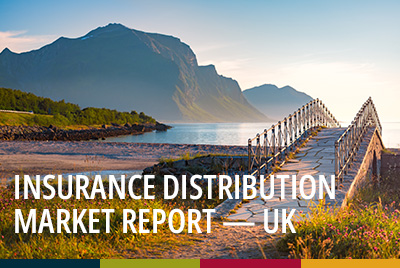The most relevant regulatory directive for insurance distribution is the 2018 EU Insurance Distribution Directive (IDD). The IDD has the dual objective of fostering the single insurance market and consumer (retail customers) protection. Fundamentally, this regulation exists to ensure consumers are provided with professionally sound advice not compromised by any financial or other incentive to the intermediary.
This implies national competent authorities (NCAs) need to ensure, among other things, intermediaries meet minimum professional competence standards and provide customers in advance with clear information on the type of remuneration which they receive.
Understanding the Insurance Distribution Directive (IDD)
The IDD is a European-level regulation which sets minimum standards and is transposed into national regulations by individual countries. This transposition has to take into account local member state’s statutory, legal and market context. So, the transposition itself results in differences between member states. In addition to the minimum standards set out in the IDD, EIOPA has provided a list of options over and above said minimum standards, which “allow member states exercising them to introduce general good rules in their context.”
The combination of the transposition and the options selected at the discretion of individual member states, results in a variety of ways member states can deal with insurance distribution in their jurisdiction.
Remuneration provides a clear example. On the one hand, countries like the UK, the Netherlands, Norway, Denmark and Finland have moved away from commission-based models for certain products and towards fee-based structures (in some cases even predating the IDD). On the other hand, member states such as Italy, France and Germany, are reluctant to go this way. Although the latter has imposed a commission cap of 2.5% on complex Life products, Germany recently has clearly expressed it has no intention to adopt a complete commission ban.
The increase in regulatory demands results in greater compliance costs and risks
Impact of Regulatory Changes on Insurance Intermediaries
The impact of the regulatory shifts in remuneration is particularly felt by intermediaries with retail-oriented books, especially with complex products (e.g., investment-based insurance products, so called IBIP) where regulation on remuneration is the most strict. Smaller intermediaries, who generally rely more heavily on retail customers, will especially feel the regulatory burden in terms of having to adhere to professional requirements and offer compliant services. In the end, this will hurt the P&L and bottom line; but perhaps more importantly it distracts from their key competence: maintaining the customer relationship.
Obviously, the largest intermediaries are less impacted by the regulatory burden given their larger capital base and their ability to manage legal intricacies implied by regulatory compliance.
The medium sized intermediaries found in between these extremes can decrease the regulatory burden by joining forces whilst focusing on servicing their customers in line with current standards without compromising on personal advice, service and relations.
Finally for intermediaries of sufficient size, regulatory requirements also create opportunities to navigate international borders. Players rooted in domains subject to stricter retail regulations and equipped with aligned products and distribution practices may find themselves in a good position to enter member states with currently less stringent regulations.

